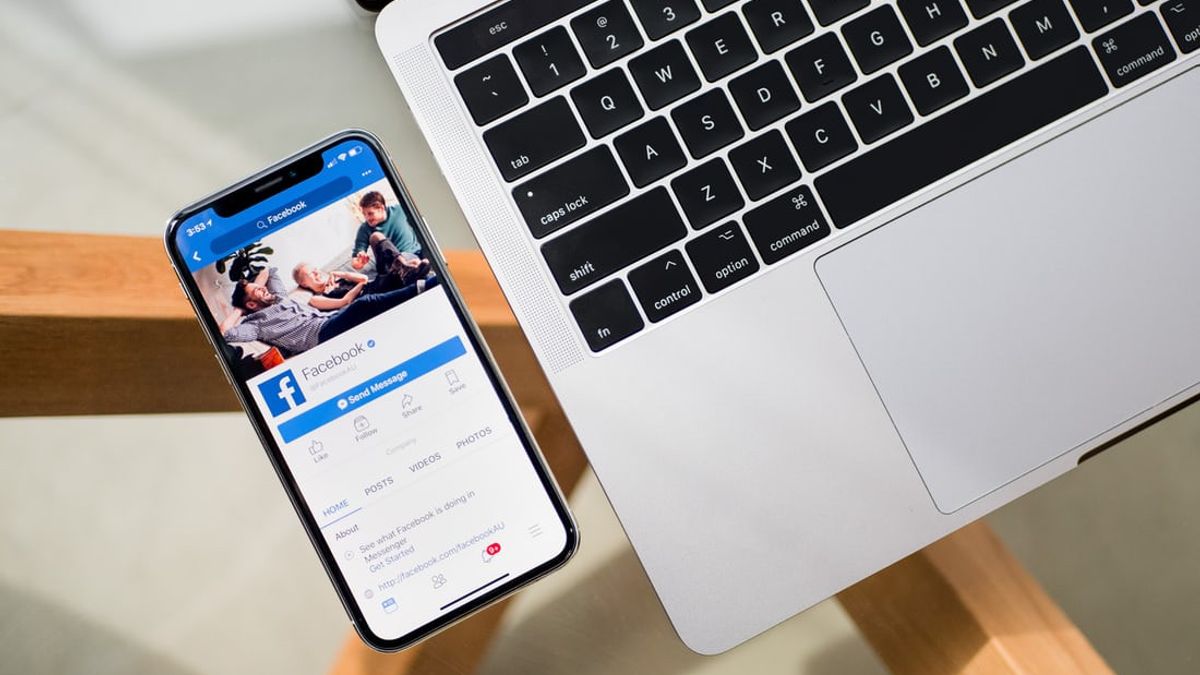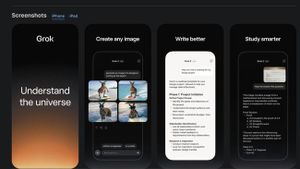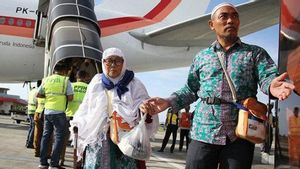JAKARTA - The social media Facebook recently apologized to researchers for providing them with flawed and incomplete data. This data is used to examine how users interact with uploads and links on their platform.
The incident began when a researcher at Italy's Urbino University compared a publicly released Facebook report in August with data provided only to researchers. However, the datasets do not match.
Citing the Washington Post, Monday, September 13, the data concerns the effects of social media on elections and democracy and includes the web addresses that Facebook users click on, along with other information.
Contrary to what the company told researchers, the data Facebook provided inadvertently excluded data from undetectable politically inclined U.S. users, a group that makes up roughly half of all Facebook users in the U.S. . Data from users in other countries is not affected.
The apology was delivered by members of Facebook's Open Research and Transparency team on Friday 10 September directly to researchers. However, at the same time, some researchers have also questioned whether the error was intentional to sabotage the research, or simply negligence.
"The error was the result of a technical error and the company proactively notified affected partners of and worked quickly to resolve the issue," said Facebook spokeswoman Mavis Jones.
But it turns out that this isn't the first time Facebook has provided researchers with imperfect data. They are several times called not providing complete data to assist research in certain fields.
As last August, Facebook banned academic researchers from the New York University Advertising Observatory project from researching its platform, after ad observers highlighted Facebook's problems. His research found Facebook failed to disclose who and how much paid for political ads on its site.
The English, Chinese, Japanese, Arabic, and French versions are automatically generated by the AI. So there may still be inaccuracies in translating, please always see Indonesian as our main language. (system supported by DigitalSiber.id)













